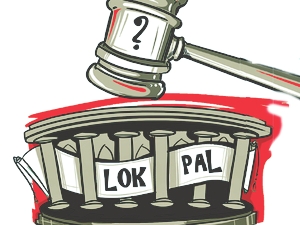The inception of idea of granting power to review its decision is to correct the errors that have resulted in miscarriage of justice. Which is allowed on three grounds-the discovery of new and important matter or evidence which, after the exercise of due diligence, was not within the knowledge of the petitioner or could not be produced by him; mistake or error apparent on the face of the record; or any other sufficient reason.
But in the case of quasi-judicial authority the orders revolve around interpretation of law/statute rather than determining principal of justice as in the case of supreme court and high court. Upon which High Courts have been granted supervisory power over these authorities at the same time confining their scope to a substantial extent. Hence, no power to review their own decision unless explicitly specified in the statute.
Review, Rectify in case of quasi-judicial authority
Although there has been quite ambiguity regarding these terms when used in the Judicial context of quasi-judicial authority. To begin with it is important to clarify that, right to review has no substitute for the right to appeal. At this point it becomes important to mention that no Court or Tribunal is debarred from exercising inherent jurisdiction apart from statutory jurisdiction to correct any error committed by itself. but the scope of such power of rectification, in exercise of jurisdiction of the Act, clearly exhibits what can be corrected should be an apparent mistake from record and not to deal with merits of the case and to recall the order, on the basis of taking a second opinion, on the merit, which is not the scope of such rectification. Which leads us to the distinction between power to rectify and power to review
The right to review is no substitute for right to appeal
Now for the case of Lokpal it becomes essential to know the context and premise on which the institution of Lokpal has been set up before deciding the extent of power to be granted.
With the advent of India as a democratic independent nation corruption has always been the main antagonist hindering its development. Where there have been other institutions which proved to be futile in the case of corruption. It took nearly half a decade to come up with our own ‘Ombudsman law’ that is Lokayukt Act, 2013. Which was presumed to be breakthrough legislation in overcoming institutionalised corruption.
But at the present when we come across reports where Lokpal doesn’t have power to review its own decision. It can be seen as a very erroneous move where autonomy and independence of the institution which was subjected to be preserved will again be under jeopardy if allowed to follow the same course of action as in the case of other quasi-judicial institutions.

